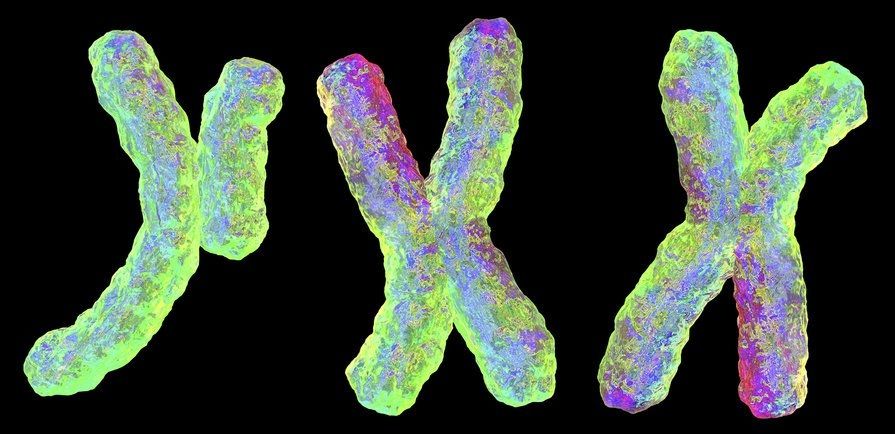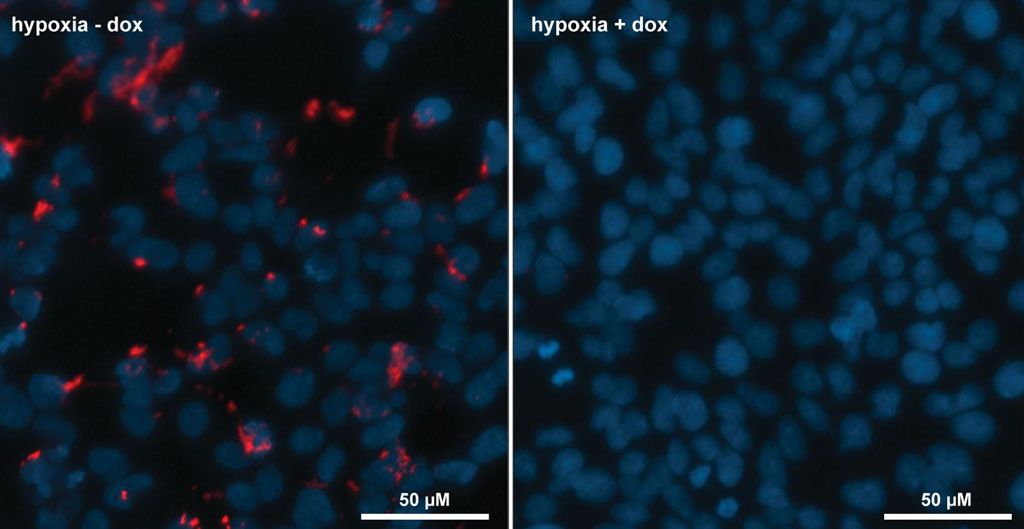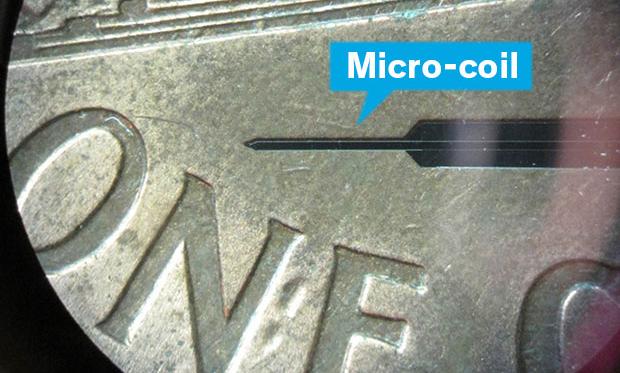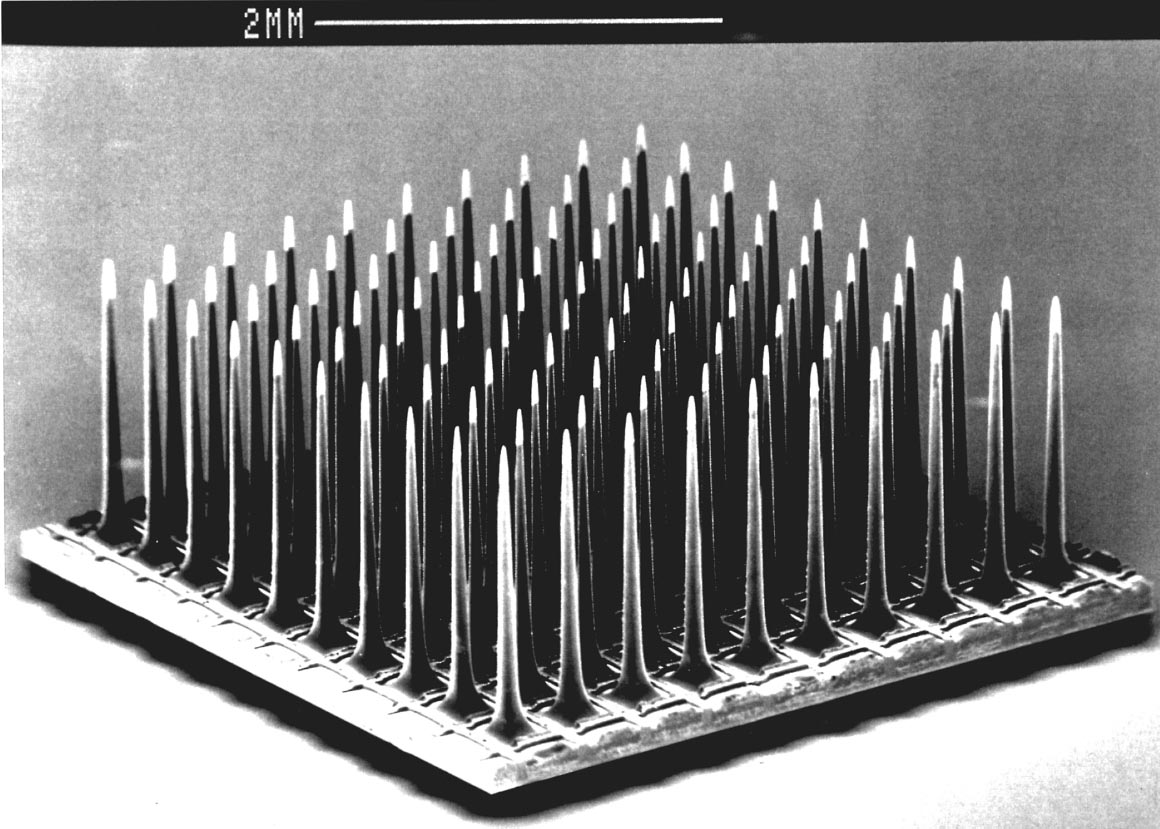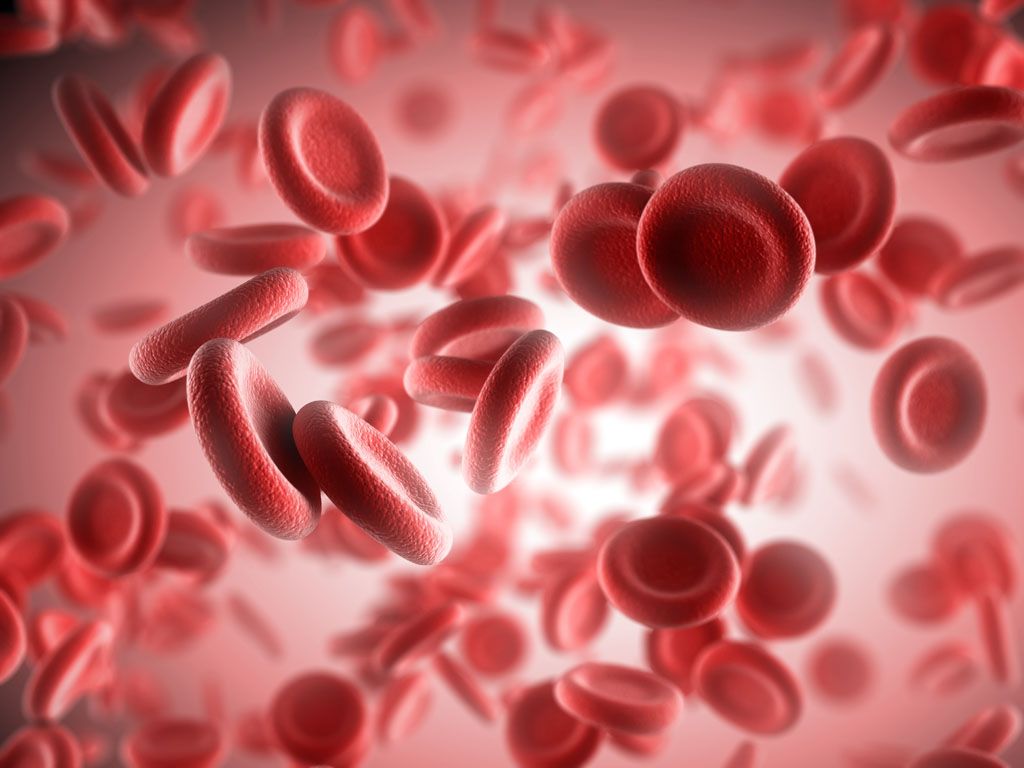Dec 11, 2016
Exercise Improves Arterial Resilience to Age-Related Increases in Oxidative Stress
Posted by Steve Hill in categories: biotech/medical, health, life extension, nanotechnology
Excercise is the best low cost activity you can do as part of your personal longevity strategy. Here we see data showing it can improve resistance to oxidative stress.
Researchers digging deeper into the mechanisms by which exercise produces benefits have found that it improves the resistance of blood vessels to oxidative stress. With age the presence of oxidizing molecules and oxidative modification of proteins, preventing correct function, increases for reasons that include damage to mitochondria, the power plants of the cell. Oxidative damage to molecular machinery is somewhere in the middle of the chain of cause and effect that starts with fundamental forms of damage to cells and tissues and spirals down into age-related diseases. Near all of this oxidation is repaired very quickly, the damaged molecules dismantled and recycled, but in most contexts more of it over the long term is worse than less of it.
Quote:


